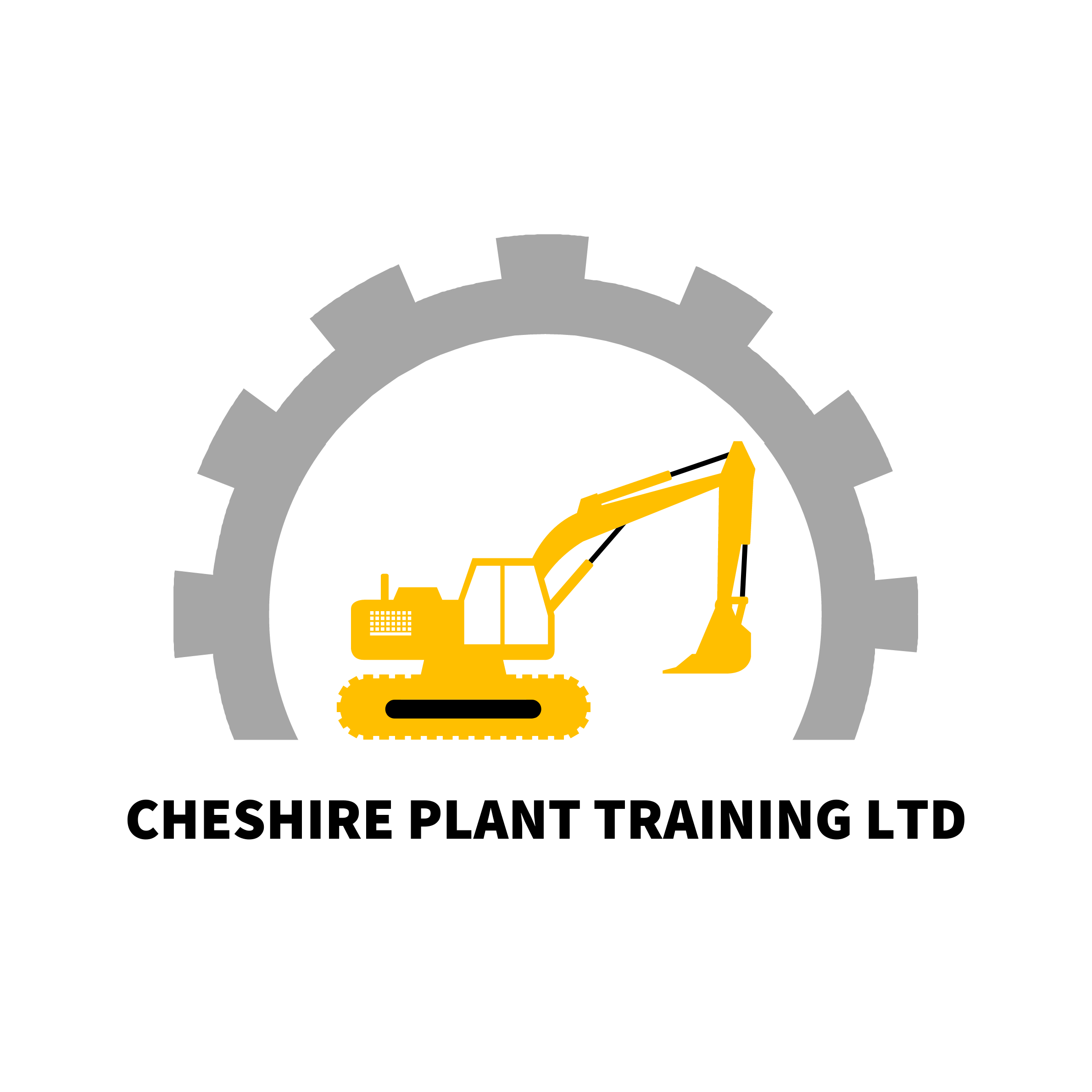The construction industry is the backbone of modern infrastructure, and its success relies heavily on skilled operators of heavy machinery such as diggers and excavators. Proper training for these machines is crucial for ensuring safety, efficiency, and high-quality outcomes on construction sites. Here, we explore the importance of training for diggers and excavators and provide insights into effective training programmes.
Why Training is Crucial
- Safety First: Heavy machinery poses significant risks if not handled correctly. Proper training ensures that operators are aware of safety protocols and can prevent accidents, thereby protecting themselves and their coworkers.
- Operational Efficiency: Skilled operators can handle equipment more efficiently, reducing downtime and increasing productivity. They can execute tasks with precision, leading to quicker project completions.
- Cost-Effectiveness: Proper training can reduce equipment wear and tear, minimise repair costs, and extend the machinery’s lifespan. Efficient operators also reduce material wastage, contributing to overall cost savings.
- Regulatory Compliance: Many regions require operators to have specific certifications to legally operate heavy machinery. Training programs help ensure compliance with these regulations, avoiding legal issues and potential fines.
Key Components of Effective Training Programs
- Comprehensive Curriculum: A well-rounded training program covers both theoretical and practical aspects of operating diggers and excavators. It should include topics like machinery mechanics, safety protocols, operational techniques, and maintenance practices.
- Experienced Instructors: Instructors with hands-on experience provide valuable insights and real-world tips that go beyond textbook learning. They can share best practices and troubleshoot common issues that operators may encounter.
- Hands-On Practice: Practical training is essential for building muscle memory and confidence. Simulated environments or actual construction sites can be used to practice operating machinery under various conditions.
- Safety Protocols: Training should emphasize the importance of safety measures, such as wearing protective gear, conducting pre-operation inspections, understanding load limits, and following emergency procedures.
- Certification and Continuing Education: Certification ensures that operators have met industry standards. Continuing education programs help operators stay updated with the latest technologies, regulations, and best practices.
